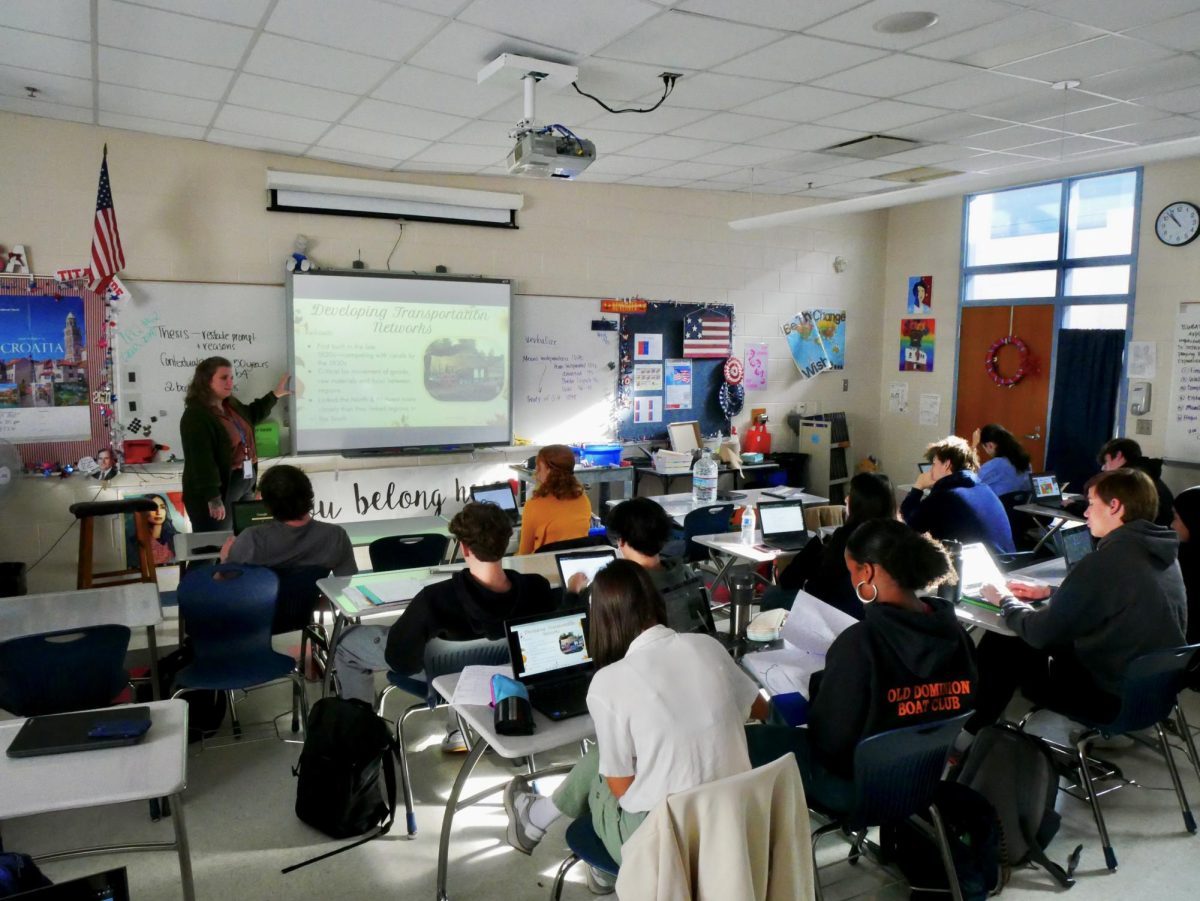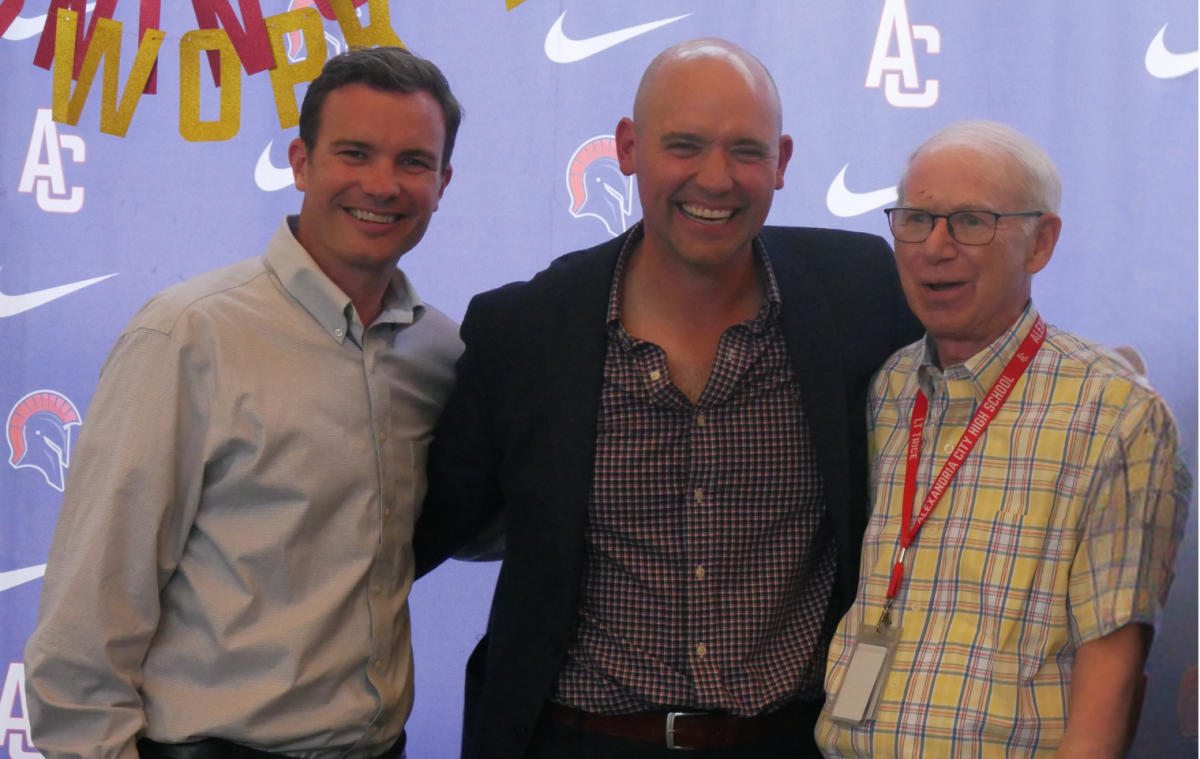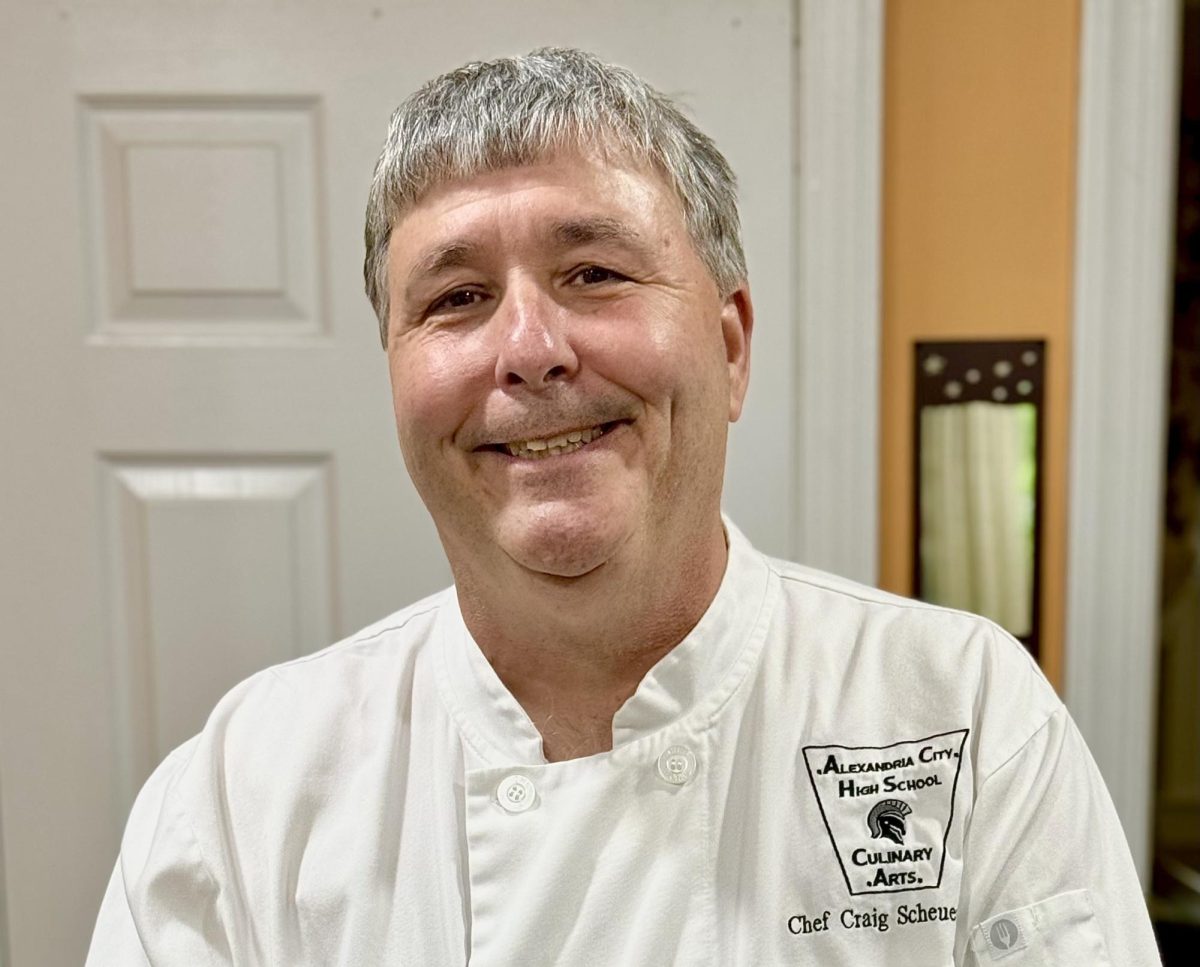Collective bargaining has been a central part of labor movements throughout history. America’s leading union organization, the American Federation of Labor and Congress of Industrial Organizations (AFL-CIO), defines it as “the process in which working people, through their unions, negotiate contracts with their employers to determine their terms of employment,” like wages and benefits. After a 1977 Virginia Supreme Court ruling, collective bargaining was prohibited for public employees in the state—including teachers, firefighters, police officers and others. In 2020, the Virginia state code was modified, and this was changed.
“[The code] was amended . . . to allow localities and local school boards to adopt an ordinance or resolution allowing its employees to collectively bargain,” said Alexandria Chief Labor Relations Officer Adessa Barker.
In 2021, when the changes first took effect, the Alexandria City Council unanimously became the first locality in Virginia to adopt its own ordinance.
“It’s [a] really great step forward for our employees, [who] provide the quality of life that we all here enjoy,” said then-councilman Mo Seifeldein in an interview with ALXnow.
Local employees promptly took action. Soon after the ordinance was passed, initial collective bargaining agreements were approved. Police officers obtained an eleven percent wage increase, an updated retirement plan and bonuses for longevity. Firefighters and Emergency Medical Services (EMS) workers received an increase in pay between five and ten percent, an additional annual wage increase of two percent and a reduction in shift hours. Labor and trade workers voted overwhelmingly to be represented by the American Federation of State, County and Municipal Employees (AFSCME), the largest trade union of public employees in the country. But over 2,600 city workers were left out of these advancements: public school staff.
“The operations of [ACPS] are governed by the School Board, not the City Council. Therefore, the City Council was not authorized to include ACPS employees in its ordinance,” Barker said. “The School Board must act separately to adopt its own resolution.”
More than two years after the Council’s ordinance, ACPS has yet to approve a collective bargaining agreement for teachers and other school staff. Neighboring districts Fairfax County (FCPS)—the largest district in the state, with over 178,000 students—and Arlington (APS) authorized their employees to collectively bargain in 2023 and 2022, respectively.
“This vote is a demonstration not only of our commitment to improving school staffing, pay and morale but also to better[ing] outcomes for students,” said Fairfax County School Board member Karl Frisch when the ordinance was introduced earlier this year.
Although there appears to be some motion in Alexandria with the creation of a School Board Collective Bargaining Committee, many teachers are still disappointed with a perceived lack of urgency.
“To me personally, it seems like this has taken a considerably long time, especially with how progressive our city council and school board are,” said ACHS social studies teacher Shannon Campos-Dowdy, who is also an ACHS Building Representative to the Education Association of Alexandria (EAA), which is similar to a teacher’s union. “The [committee] should’ve been created a long time ago; they’ve known this has been coming.”
Campos-Dowdy said that collective bargaining is so important to her because of how it will affect her students and the school environment.
“People think collective bargaining is just for the benefit of the teachers and not the students, but I think what’s good for students is also good for educators. If small classes are good for students, they’re good for educators too,” she said. “It’s not just about teacher pay; it’s more about the conditions of the workplace, [and therefore] the conditions of education for the students.”
“We’re here for the students,” said ACHS teacher Robin Jamison-Moorer. “[Collective bargaining] will benefit students . . . When the staff is good, the students are good, and that is what we need.”
Jamison-Moorer also serves as chairperson of the EAA’s collective bargaining committee.
“[Our committee] has been working on this for the past two to three years,” she said. “Should we have been one of the first school systems in Virginia to get it? Well, yes, because we have a school board that is going to work with us . . . But there are a lot of moving parts . . , [and] along the way, with changes in [ACPS] leadership and changes in our committee, it took a little longer.”
School Board Chair Dr. Michelle Rief agrees that position vacancies have contributed to the long wait.
“In January [2022], we had a new School Board that was inducted, and six of our nine members were brand new and had to come up to speed on the process of being a school board member. We also had a superintendent resignation [in August 2022], so our board had to be very focused on identifying an interim and a permanent superintendent.”
Still, Rief said the Board has remained committed to adopting an agreement and has already passed a support resolution, held a work session and created a budget priority on collective bargaining.
“Even as we’ve gone through that process . . , we’ve been making it a priority,” Rief said. “We know that [our staff is] working hard, and we understand that they want to have a seat at the table and a voice in regards to their working conditions.”
She also said the board would take part in a broader community engagement effort moving forward with a resolution.
“[We are] committed to sharing [our resolution] with the community and seeking input before any Board vote on the resolution,” she said.
Although Rief was unable to comment on a timeline, Jamison-Moorer said, “We’re going to get it done, and it’s going to be quicker than people think . . . I’ll definitely give it [before next school year].”
Until then, teachers say they have no choice but to keep doing what put them in this position.
“We just have to continue to do what’s best for students . . . and keep building solidarity with other educators across the district,” said Campos-Dowdy. “I think that’s all [that is] left to do for now.”
“Three years has been a long time,” said Jamison Moorer. “But it’s going to happen; it’s going to happen.”
Portions of interviews have been edited for clarity.







